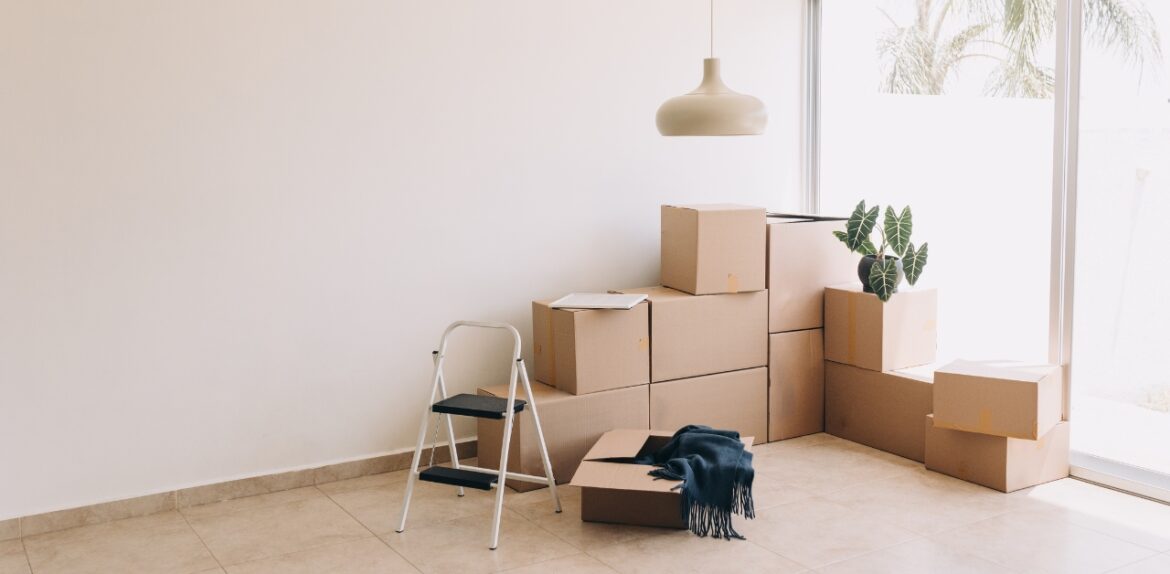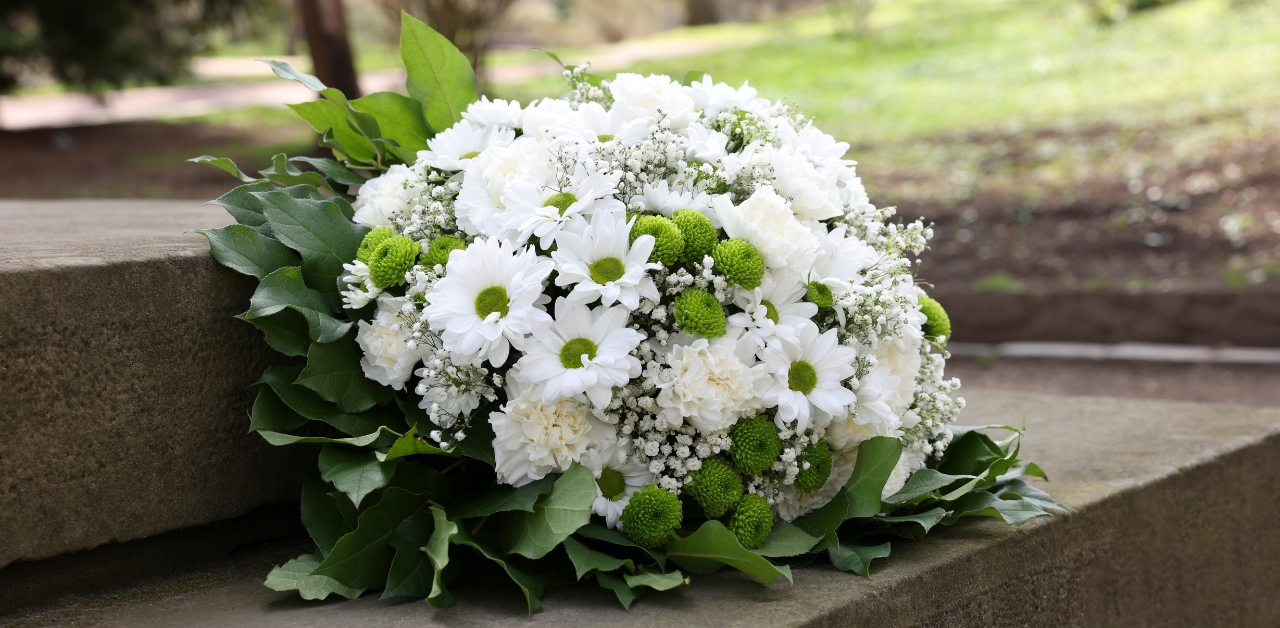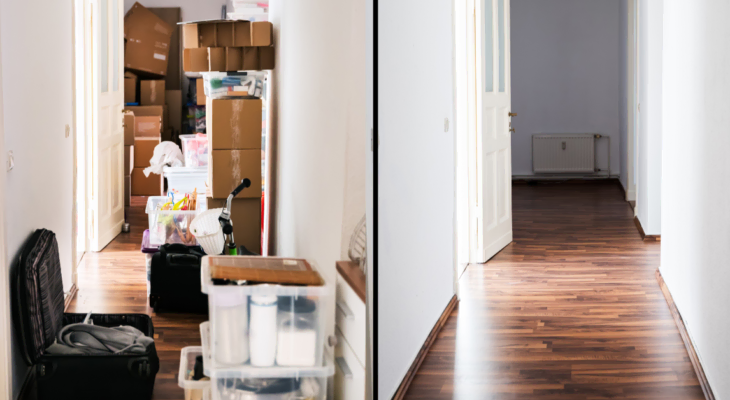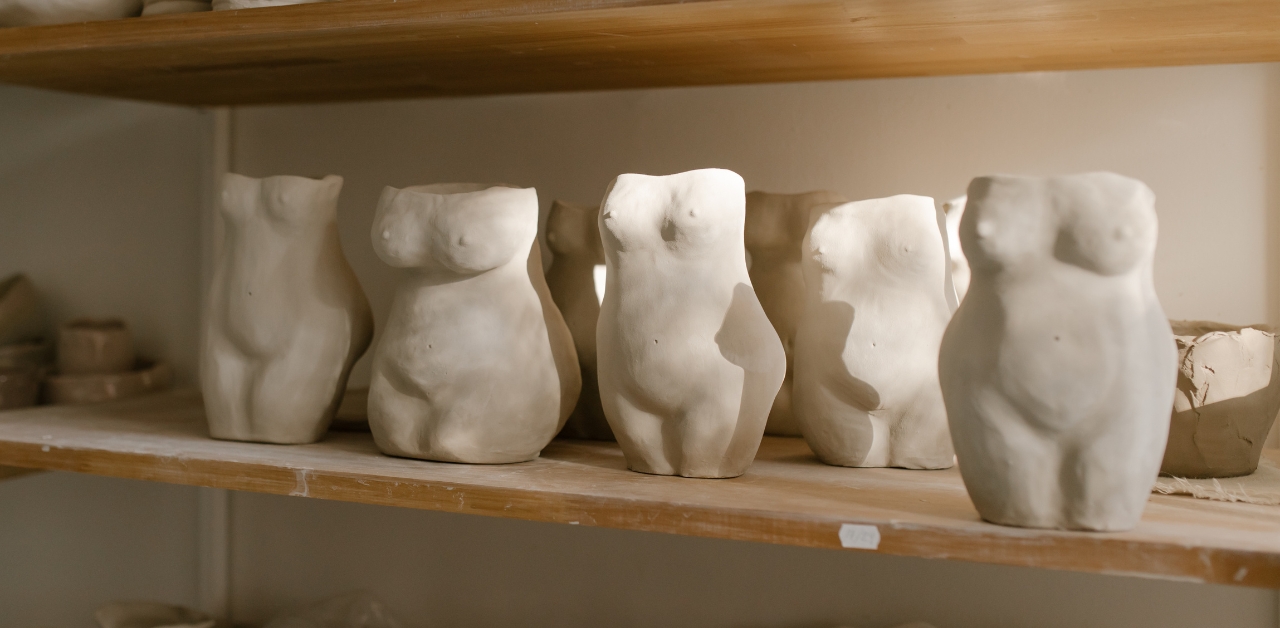I lived in my parents’ house my entire life until I got married in 2024 at 28. That’s when my husband and I decided to move out and rent a space. Having a place of my own has always been what I desire. I can finally curate our space, set our routines, and enjoy the small joys of independence.
Yet, as exciting as it has been, I never realized how life-changing this step would be. Looking back now, there are so many things I wish I’d known before moving out of my parents’ house.
Table of Contents
Reasons for moving out of my parents’ house
Growing up in our family home, I always felt rooted in its familiarity. It was the house that held my childhood memories, the shared moments with my two brothers before they eventually moved out during my adolescent years, and the quiet resilience of my parents as they built a life for us. Yet, in 2021, our lives changed when my father passed away which left just my mother and I at home.
While my mother now lives alone in our family home, she remains active and engaged in her life. She is active in our community. She participates in senior groups. She enjoys socializing with family members in our compound.
I know what you might be thinking. Shouldn’t I stay with my mom now that she’s a senior and living alone? I’ve wrestled with this question for over a year since I moved out, but hear me out.
There are reasons behind my decision to move out. If people were in my shoes, I believe they would come to understand in time, as well.
1. No safe and private space to sleep or work
Our family home was built sometime in 1993 and is now over 30 years old. Yes, it has seen better days. It’s been unpleasantly infested by termites, which meant I had to give up my bedroom since it’s entirely made of wood. When I started working remotely in 2023, I worked and slept in our living room. That might sound manageable, but as an adult especially as an INFJ introvert, I value having privacy and a sacred space to retreat to.
The lack of privacy also made it impossible to set boundaries, especially when my mother hosts gatherings at home. Visitors would sometimes invade my personal space and belongings which makes me feel exposed and unsettled.
Additionally, because I was always visible while working in the living room, my mother assumed I had endless free time. In reality, I’m just like any other worker. I pour my mental energy into my work. I get tired too by the end of the day and I need downtime. This setup blurred boundaries and added stress to me which made it harder to maintain a healthy work-life balance.
2. Familiarity breeds contempt in Filipino families
Living in a compound with extended family members is typical in a Filipino culture, but it’s not always as ideal as it sounds. You’re always surrounded with relatives, even those whose values and outlooks clash with yours. Privacy becomes a luxury since even stepping outside our home can feel like walking into a spotlight.
Some relatives think they can dictate my actions, as I’m a younger family member. In reality, I’m an adult and can make sound decisions. Worse, the noise levels of our neighbors are often unbearable such as blaring radios, drunken arguments, and karaoke sessions that stretch into the early morning hours. It’s exhausting to live in an environment where personal space, respect, and quiet time are often disregarded.
On top of that, I’ve been trying to heal from emotional trauma caused by some relatives. I was bullied and criticized for my body size as a child, which contributed to an eating disorder I suffered for 15 years. Fortunately, I’m in the process of recovering at present. My introversion as well was also constantly undermined, as though being not the loud and outgoing cousin was a flaw that needed fixing. I was made to feel as if I had to socialize constantly, even though I’ve always had the courage to stand my ground, assert myself, and have the intellect despite this.
Moving out gave me the freedom to set boundaries and distance myself from an environment that stifled me.
3. Stuck in an adolescent frame of mind
When you live in your parent’s home, no matter how old you are, it’s like being stuck in an eternal adolescent state. Even small decisions require asking permission, which makes it hard to feel like a fully independent adult.
In my experience, my mother also tends to treat me as if I’m not capable of making good decisions, which can be frustrating. It’s not that I don’t value her input, which I do. However, as an adult, I need the space to grow and navigate life on my terms.
4. Conflicting organizational styles and values
My mother and I have very different approaches to organizing our space. She has a hard time letting go of old and unused items. Her tendency to hold onto things has turned parts of our family house into cluttered storage areas.
As a highly sensitive person (HSP), I find clutter mentally overwhelming. It’s hard for me to relax or focus in a disorganized environment. I value minimalism and intentional living, so the constant visual stimulation of the clutter in our home was also a source of my stress.
5. Unresolved estate issues
Our family home also comes with unresolved estate matters that my family still needs to address. My husband and I have discussed returning soon and building our own home nearby, so we can be closer to my mother. For now, we need to take a step back, establish our independence, and give ourselves the time and space to prepare for our future goals.
Lessons learned after moving out of my parents’ house.
When my husband and I decided to move out, we were lucky that there was a vacant studio apartment just 300 meters away from my family home. The proximity allows us to visit my mother anytime and still spend quality time with her and take care of our dogs. While we’ve established a space of our own, we’re still close enough to stay connected and be there for my mother when she needs us.
1. Learned how to be independent
From managing bills and budgeting to cooking meals and cleaning up after ourselves, my husband and I had to take responsibility for every aspect of our daily lives. There’s no one else to rely on but each other.
Living on our own also meant making decisions without seeking approval or advice from others. It pushed me to trust my instincts, solve problems on my own, and take ownership of my choices. While it wasn’t easy at first, I’ve come to appreciate how much I’ve grown and how capable I really am.
2. Learned how to budget finances
One of the biggest adjustments after moving out was learning how to budget effectively. It’s important it to keep track where every peso went: Rent, utilities, groceries, and other household expenses.
I also learned the value of prioritizing needs over wants. I became much more mindful of my spending, planning meals to avoid food waste, and cutting back on unnecessary purchases.
3. You control your own life
Decisions that once required input or approval from others, like how to arrange furniture, what to cook for dinner, or how to spend my weekends, were now entirely up to us.
This autonomy was liberating. It allowed me to live life on my terms, without worrying about meeting someone else’s expectations or adhering to household rules that no longer aligned with my lifestyle.
Having control over your own life doesn’t mean everything will always go smoothly. It means that you’re responsible for your successes and your mistakes, and both are opportunities to grow.
4. Renting an apartment gives you space and privacy, but isn’t all that glamourous
Having your own space means having privacy and independence, but renting an apartment also means dealing with neighbors. Unfortunately, not all of them are pleasant.
Noisy neighbors are one of the challenges. Some hold drinking sessions that last until dawn, complete with loud chatter. Others blast music or create disturbances that can disrupt your sleep. That said, it’s not as constant or as bad as the noise I experienced at our family home, where disturbances were more frequent and often unavoidable.
Then, you will most likely encounter “Karen” neighbors which you need to be careful in dealing with.
Another important aspect of renting is being mindful of security. Unlike the comfort of your family home, you now have to take full responsibility for securing your space. A simple oversight, like forgetting to lock a door or window, could make you vulnerable to theft. Being vigilant and investing in basic security measures is something we’ve prioritized.
While renting has given us much-needed privacy, it’s also taught me to appreciate the balance which is to enjoy quieter moments when they come, deal with the occasional disturbances, and take the steps to ensure our safety.
5. Being clean and organized is essential. You don’t have keep up with the aesthetics on social media
Living in your own space teaches you the importance of keeping things clean and organized. It’s about creating a comfortable and functional environment that works for you.
Cleanliness and organization make day-to-day living so much easier. Knowing where things are, having a clutter-free space, and keeping everything tidy reduces stress and creates a sense of calm. However, I’ve also realized that there’s no need to pressure myself to make our space “Pinterest-perfect” or “Instagram-worthy.”
Real life doesn’t look like what’s on social media. What matters is that our space feels like home: personal, livable, and reflective of our needs and values.
6. You have a better relationship with your parents
Moving out has strengthened the relationship with my mother. Being physically separated from her has given us the space to appreciate each other more.
Before, I took for granted the constant proximity, which sometimes led to misunderstandings or conflicts. Now, when I visit my mother or talk to my brothers, it feels more intentional. The time apart has allowed us to reset and reconnect in a healthier way.
7. Your parents see you as an independent adult
Moving out has made my mother see me as an independent adult who is capable of managing my own life and making decisions.
Before, I was still viewed as her child who needed guidance and support for almost everything. Now, she knows that I can handle responsibilities on my own. Whether it’s paying rent, managing my finances, or navigating life’s challenges, she sees me stepping up and growing into a more self-sufficient person.
8. People will criticize you for leaving your parents
When I decided to move out, I knew it wouldn’t come without judgment. Leaving our family home home, as an adult, attracted criticism from some people, whether it was family, friends, or others in our community.
In Filipino culture, there’s an unspoken expectation to stay close to home and take care for your parents, especially when they’re older. Some people questioned my decision and assumed I was abandoning my responsibilities or that I didn’t care enough about my mother.
What I’ve learned, though, is that the opinions of others don’t define what’s right for my family and me. I made this choice not because I didn’t love my mother, but because I needed to carve out space for my own growth and independence. It wasn’t easy, but the right decision for me might not look the same for everyone else.
I also recognize that my situation is different from others who may feel obligated to provide financial support for their senior parents. I’m in a privileged position where my mother has her own income. I’m not burdened with the responsibility of supporting her financially. That makes my decision to move out a bit different from those who continue to live at home due to financial obligations.
9. Renting is only a short-term plan. Have a long-term plan while you’re renting
Renting an apartment is convenient in the short term, but it’s important to have a long-term plan in place. While it gives you the flexibility to live on your own and explore different living situations, renting shouldn’t be your forever solution.
I realized that renting is just a temporary phase for us. It’s a stepping stone while we’re working towards owning our own place. Renting is great for now, but setting clear future goals and taking steps to achieve them helps create a sense of purpose and direction.
10. Take care of the place like it’s your own
Renting a place means you’re temporarily living in someone else’s property, but that doesn’t mean you shouldn’t treat it like your own. Taking care of your rented space not only keeps it in good condition, but it also makes your living environment more comfortable and enjoyable.
From cleaning regularly to being mindful of any damages, treating the place with respect and care ensures that you’re creating a space you can be proud of. If you take good care of the property, the owner will likely appreciate you. This could lead to a more positive and trusting relationship, which can be beneficial if you decide to renew your lease or need anything fixed.
11. When you’ll leave, leave with grace and thank the rental owner
Although we haven’t moved out yet, this is something I always keep in mind for the future. Make sure to leave the space clean and in good condition. A simple gesture like thanking the rental owner for the opportunity to live there can go a long way. Showing gratitude helps maintain a positive relationship, which can be helpful for future references or if you need anything in the future.
Moving out doesn’t have to be a negative experience. By leaving on good terms, you’re not just closing one chapter, but also leaving the door open for future opportunities.
In the end, moving out of my parents’ house was the best decision
The experience of being independent is worth it and priceless.
While it hasn’t always been easy, the experience of becoming independent has shaped me in ways I never expected. It’s given me confidence, freedom, and a deeper understanding of what it means to truly take charge of your own life.
While the monthly rent may seem like an ongoing expense, it’s worth every peso for the peace of mind it brings.
Knowing that I have my own space, the freedom to live on my terms, and the quietude to focus and relax makes moving out all worthwhile. It’s priceless.
How about you? What’s your experience in moving out of your parents’ house? I’d love to hear it in the comments below!








Leave a Reply